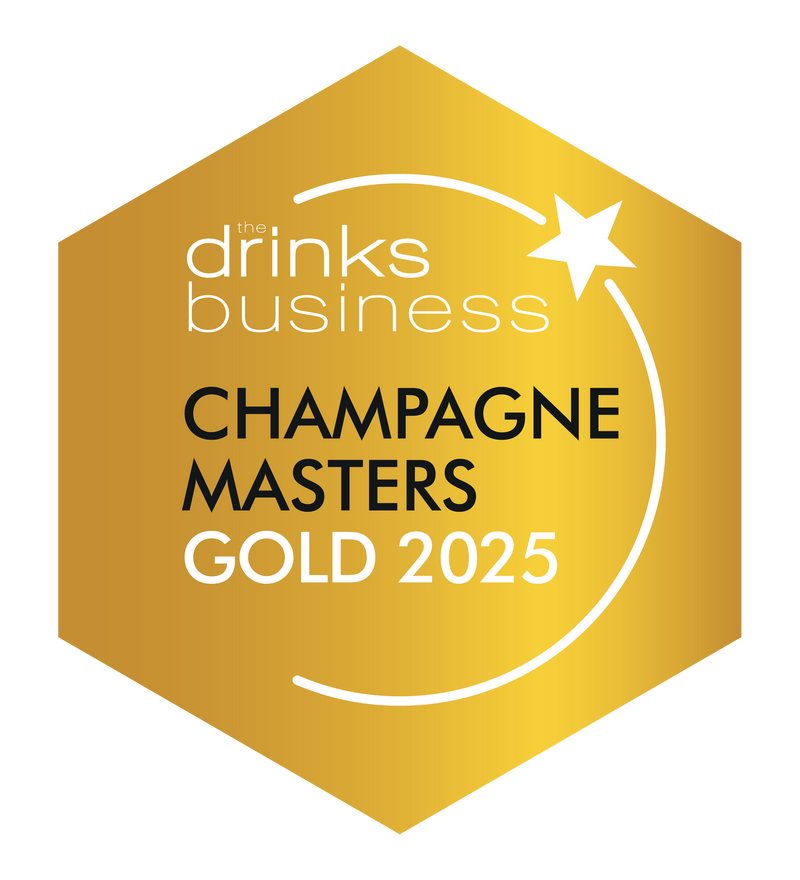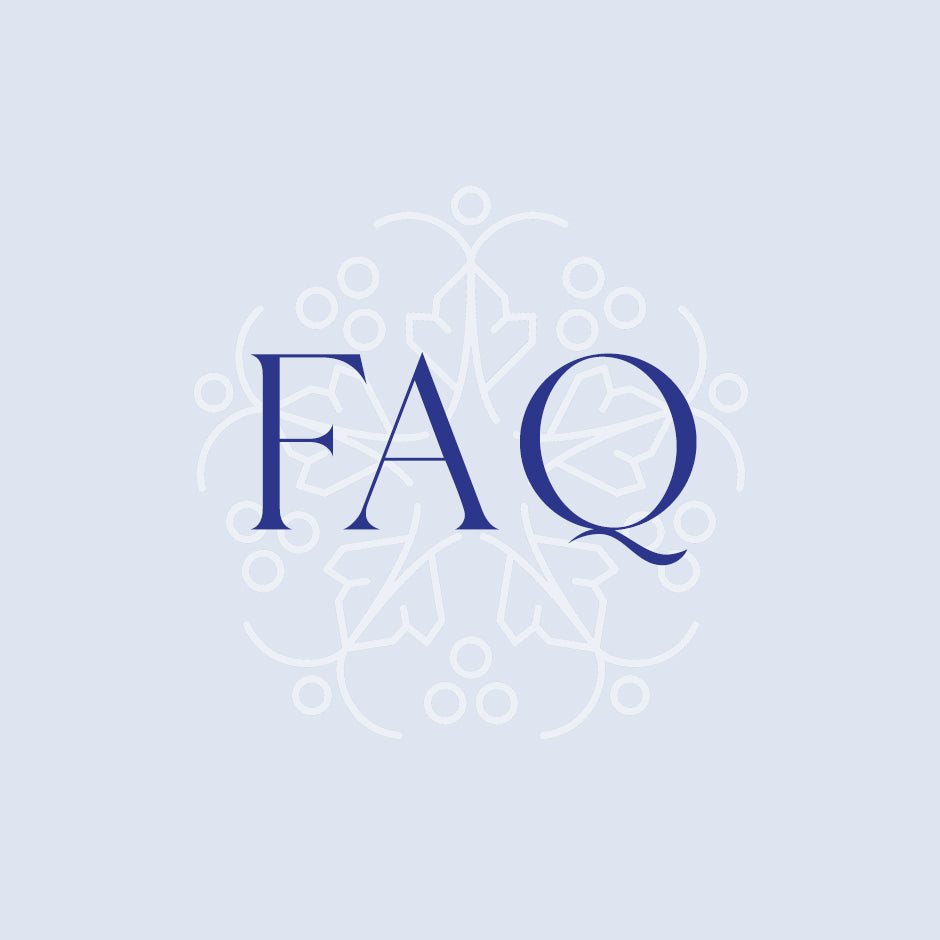First and foremost, the grapes are grown in vineyards that adhere to very specific organic specifications. The golden rule is: no synthetic additives. Only mineral and natural products are used. This requires a great deal of rigor from the winegrowers, who become all the more sensitive to the whims of nature.
The subsequent stages, from pressing to vinification, also comply with very specific specifications. That is why we are involved in every stage of the process and support our winegrowers to help them as much as possible in their conversion. We have been doing this since Nicolas Feuillatte embarked on its organic adventure more than 10 years ago.

![]() You need 150,00€ more to benefit from free delivery!
You need 150,00€ more to benefit from free delivery!
![]() You need 150,00€ more to benefit from free delivery!
You need 150,00€ more to benefit from free delivery!
